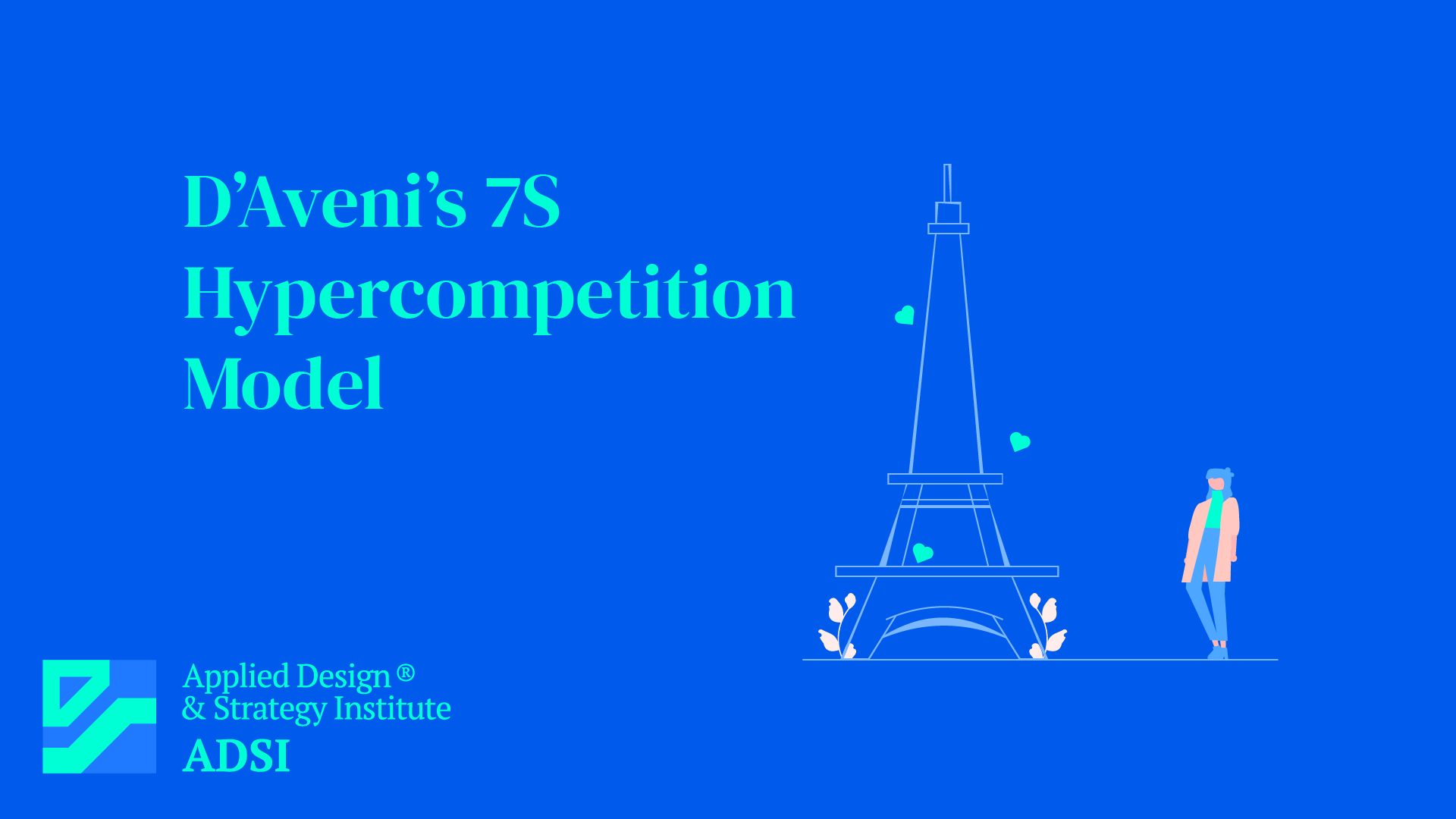Elaboration-Likelihood Model (ELM)
Understanding the Elaboration-Likelihood Model The Elaboration-Likelihood Model (ELM) of persuasion is a theory in psychology that explains how attitudes are formed and changed. This dual-process theory, developed by Richard E. Petty and John Cacioppo in the 1980s, suggests that there are two primary routes through which persuas
Directional Policy Matrix
Directional Policy Matrix: Strategic Tool for Portfolio Analysis Introduction The Directional Policy Matrix (DPM) is a business tool used for portfolio analysis and strategic decision-making. It helps organizations evaluate their business units or product lines in terms of two critical dimensions: the attractiveness of the marke
DICE Framework
DICE Framework: Assessing the Success Probability of Change Initiatives Introduction The DICE Framework is a tool developed by the Boston Consulting Group to evaluate the likelihood of success of organizational change projects. It helps leaders and managers assess key factors influencing the outcome of change initiatives, provid
The Diamond Model
Introduction The Diamond Model, developed by Michael Porter in 1990, is a framework that analyzes and explains the competitive advantage nations or regions possess due to certain factors. It is extensively used in the study of international business and economics to understand why certain industries within a nation are competiti
D’Aveni’s 7S Framework
D’Aveni’s 7S Framework: Strategies for Hypercompetitive Environments Introduction D’Aveni’s 7S Framework, developed by Richard D’Aveni, presents a set of strategies for companies operating in hypercompetitive markets. This framework suggests that traditional sources of competitive advantage can be q
Destiny Instinct
Destiny Instinct: Understanding Its Role in Shaping Perceptions and Decisions Introduction The Destiny Instinct refers to the cognitive bias where individuals believe that certain outcomes are predetermined or inevitable, often overlooking the potential for change and impact of human actions. This bias can significantly influenc
Denominator Neglect
Denominator Neglect: Understanding Its Impact on Decision Making Introduction Denominator Neglect refers to a cognitive bias where individuals disregard the size of the denominator (the total number of possible outcomes) when assessing the probability of an event. This often leads to overestimating the likelihood of rare events
Delta Model
Delta Model: A Strategic Framework for Customer-Centric Businesses Introduction The Delta Model is a strategic management framework that focuses on building strong customer relationships to achieve a competitive advantage. Developed by Arnoldo Hax and Dean Wilde, the model offers an alternative to the traditional Porter’s
Delphi Technique
Delphi Technique: Harnessing Expert Opinions for Decision-Making Introduction The Delphi Technique is a structured communication method originally developed as a systematic, interactive forecasting method which relies on a panel of experts. It is used to achieve a convergence of opinion on a specific real-world issue. The proces
Decision Trees
Decision Trees: A Visual Approach to Decision Making and Analysis Introduction Decision Trees are a graphical representation of various possible solutions to a decision based on certain conditions. They are used in decision analysis to help identify a strategy most likely to reach a goal. It’s a popular tool in statistics,











